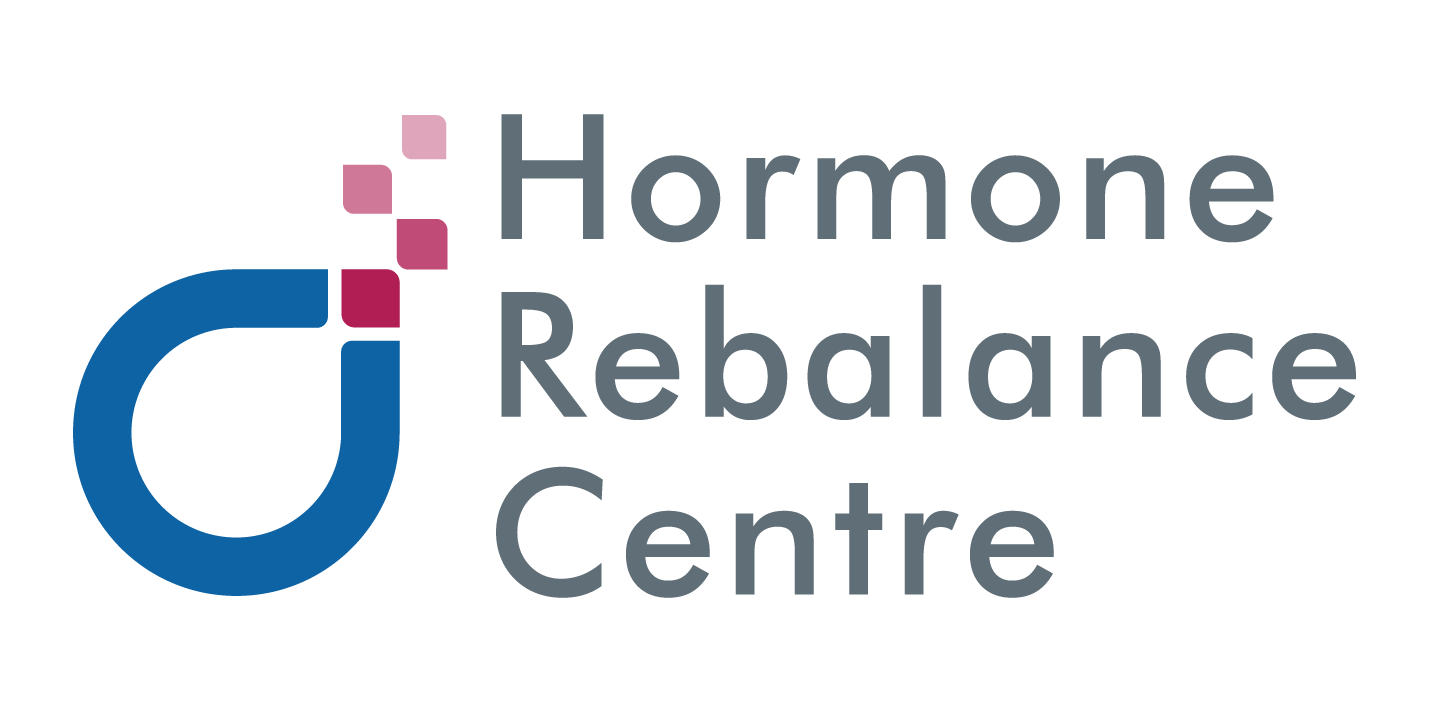Have you ever felt the overwhelming sensation of panic? Have you ever thought that something bad might happen and haven’t been able to get it out of your head? Are you having trouble sleeping? Are you feeling on edge, moody and having difficulty concentrating on once, easy and mundane tasks?
If you answered yes to any of these questions, you may be dealing with anxiety.
What’s most interesting about experiencing anxiety is that it really is a unique experience for each individual. Your doctor, your friend, the self-help book at the store and even Google can give you a list of anxiety “symptoms,” but in reality, you may have a completely different list of symptoms – and each of those symptoms is as valid as the ones you are reading about online.
Anxiety expresses itself in many ways and especially so in women, simply due to the ebb and flow of hormones. Anxiety can be experienced along with your cycle but it may also be a constant struggle due to hormonal imbalances.
Unfortunately, there isn’t a specific blood test, hormone test or any type of test for diagnosing anxiety, but as Naturopathic Doctors, we can review your unique symptoms, test your nutritional status, you neurotransmitter levels (mood markers) and order advanced functional testing to find the root cause of your anxiety.
Many women (not all) who experience anxiety often report symptoms such as the following:
- Feeling restless, wound-up, or on-edge
- Being easily fatigued
- Having difficulty concentrating; mind going blank
- Being irritable
- Having muscle tension
- Difficulty controlling feelings of worry
- Having sleep problems, such as difficulty falling or staying asleep, restlessness, or unsatisfying sleep
Addressing the underlying cause of anxiety, such as those found below, is a grossly important part of treating anxiety, and it is also important to acknowledge that counselling or therapy may also be required. A wonderful resource for working through the thought patterns of anxiety is a self-help book called The Anxiety and Phobia Workbook by Dr. Edmund Bourne. Along with testing and treating for hormonal imbalance and sub-optimal levels, this book is a great companion for developing resilience and coping skills.
Imbalances Contributing to Anxiety
- Sex hormone imbalance is a leading cause of anxiety for the women we see at Hormone Rebalance Centre. Hormone testing reveals that these women are often dealing with the following changes to their hormones:
- High estrogen
- Low progesterone
- Low progesterone with low estrogen
- Neurotransmitter imbalance is the most well-known cause of anxiety and is the suspected cause treated by pharmaceuticals. Patients dealing with anxiety frequently have:
- Low serotonin
- Low GABA (gamma-aminobutyric acid)
Nutritional Status and Anxiety
- Deficiency or sub-optimal levels of vitamins and minerals can contribute to anxiety, just like changes to hormones or neurotransmitters. In many cases, women dealing with anxiety will test with low levels of:
- B vitamins
- Magnesium
Favourite Natural Interventions:
Natural interventions are a relatively safe and effective way to treat anxiety. As with any of our interventions at Hormone Rebalance Centre, the best results occur for patients who test! Testing hormones and nutritional status is an important step in getting you back to your best self! Some of our Naturopathic Doctors’ favourite interventions include:
GABA is a quick-acting, naturally occurring neurotransmitter that can have profound effects on reducing restlessness and alert feelings that occur with anxiety. GABA supplements are often used as needed, but may also be used before bed to aid in more restful sleep.
Botanicals
Have been used for 1000s of years to treat anxiety and stress. Botanicals can be used in many forms, such as in capsules, liquid tinctures and even as aromatherapy. Commonly used botanicals to alleviate anxiety include:
- Lavender
- Valerian
- Passionflower
- Or a combination of several of these botanicals!
Vitamins and minerals
To correct deficiencies and sub-optimal levels, vitamins and minerals are best taken as supplements to ensure levels are boosted in a timely manner.
- B complex – more info on B vitamins here
- Magnesium
- In addition to correcting sub-optimal levels, magnesium supplements are great for reducing tension, relaxing the body and promoting a more restful state. Magnesium is best taken before bed.
Hormonal interventions
An important tool for addressing anxiety! As discussed above, having too much estrogen can increase anxiety, and so we often recommend an estrogen detox along with boosting progesterone through bio-identical hormone replacement therapy. We have 2 great blog posts on estrogen dominance and detoxing that you can read here and here.
Above, we discussed just how unique the anxiety experience can be, and that doesn’t change when it comes to the treatment of anxiety! While we have shared plenty of causes and remedies to consider for your anxiety woes, it’s important to remember that treating hormonal imbalances and nutritional deficiencies requires testing! These investigative functional tests will allow your doctor to most accurately treat your unique anxiety experience and will set you up for the most successful resolution of symptoms.
If you have questions or concerns about your hormone health and how it may be affecting your anxiety, our team at Hormone Rebalance Centre would like to hear from you! Make sure to take advantage of our free Hormone Assessment with one of our program advisors, to review your unique symptoms in more detail and learn about what testing and treatments options are available to you.

Do you do the same hormone testing as an MD for a women?